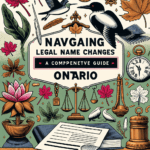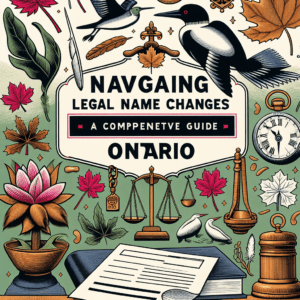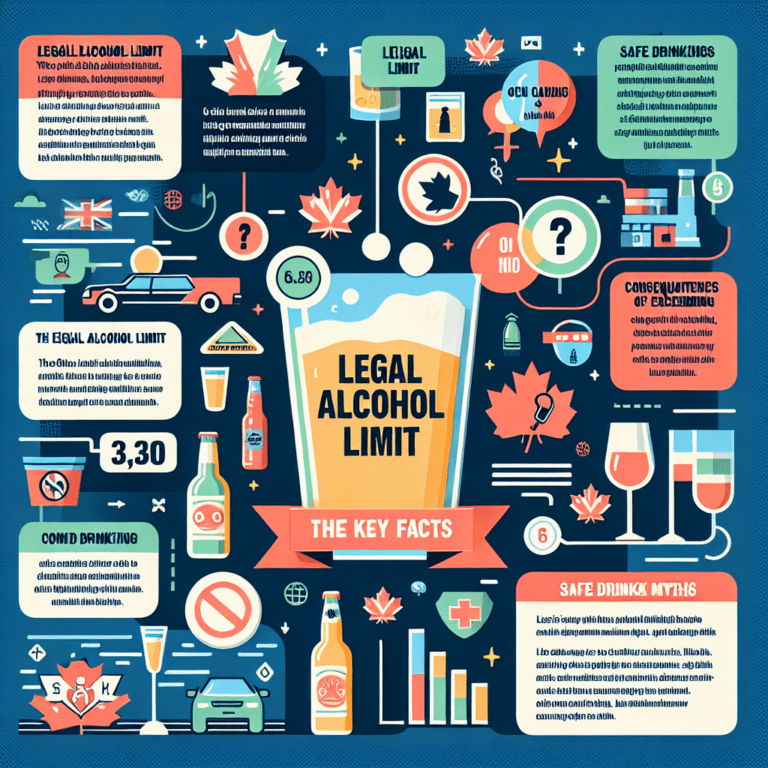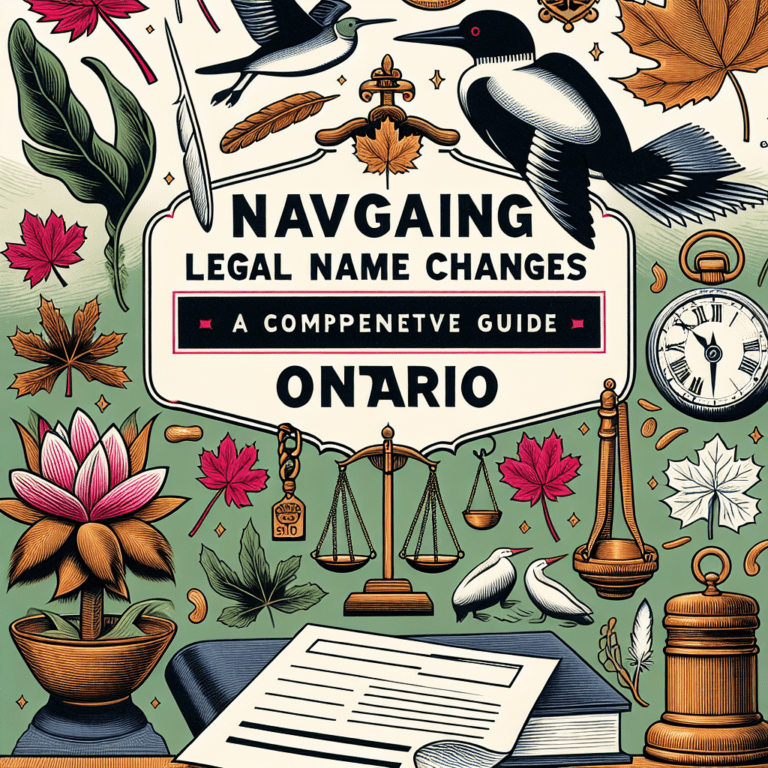===INTRO:===
Kratom’s legal status in Canada is a topic surrounded by confusion and misinformation, making it crucial for enthusiasts and potential users to stay informed. Many individuals turn to kratom for its reputed benefits, which range from pain relief to mood enhancement. However, navigating the legal landscape can feel like walking a tightrope, especially with varying regulations and ongoing debates surrounding its safety. Are you aware of what’s allowed and what’s not? Understanding the nuances of kratom’s legal standing is essential for anyone considering its use or distribution. In this article, we will unravel the complexities of kratom’s legal situation in Canada and explore the implications of its use.
Understanding Kratom’s Legal Standing in Canada Today
Kratom, scientifically known as Mitragyna speciosa, is a tropical tree native to Southeast Asia, and its leaves have been utilized for centuries for their psychoactive properties. In Canada, kratom is not classified as a controlled substance under the Controlled Drugs and Substances Act. This means that, legally speaking, the sale and possession of kratom are permitted, placing it in a unique position compared to other substances that have faced stricter regulations. However, this doesn’t imply a free-for-all; the nuances of its legal status warrant close inspection.
The lack of regulation surrounding kratom can create an environment filled with misinformation. While one can purchase kratom from various online retailers and some health shops without immediate legal repercussions, the situation is not as straightforward as it seems. Health Canada has issued warnings regarding the product, advising consumers that kratom may pose risks, especially when it comes to its unregulated status. As such, while kratom is legal, it exists in a gray area where users must exercise caution and due diligence regarding the product’s quality and origin.
Moreover, the legal landscape around kratom is evolving, with potential changes being discussed as regulatory bodies continuously evaluate its safety. There are ongoing discussions within health circles about classifying kratom under controlled substances due to concerns about its health impacts, especially with rising reports of adverse effects. Awareness of these developments is vital for anyone involved in kratom use or distribution, as legalities may shift in response to new research or societal pressure.
Implications and Regulations Surrounding Kratom Use
While kratom is legal in Canada, the lack of formal oversight means that consumers must be vigilant about the sources from which they procure their products. Without strict regulations, the quality and consistency of kratom can vary significantly between suppliers. This inconsistency not only affects the efficacy of the product but can also lead to safety risks due to potential contamination or adulteration. Users are urged to conduct thorough research and choose reputable vendors who adhere to quality standards to mitigate these risks.
The implications of kratom’s legal status extend to public health as well. While some individuals find relief from chronic pain or anxiety through kratom, there are concerns among healthcare professionals regarding its potential for addiction and adverse effects. It’s not uncommon for users to experience side effects such as nausea, dizziness, or even withdrawal symptoms upon discontinuation. Therefore, those considering kratom as a treatment option should consult with healthcare providers to ensure that it aligns with their health needs and doesn’t conflict with other medications.
Furthermore, as kratom remains in a regulatory limbo, users must also be aware of the potential for future legal changes. Advocacy groups and health officials are calling for more research to better understand the substance’s long-term effects and possible risks. In the interim, users should stay informed about updates from Health Canada and local health authorities to ensure compliance with any changes in legislation. Understanding the intricacies of kratom’s legal status today is essential for making informed choices about its use.
===OUTRO:===
The journey through kratom’s legal landscape in Canada reveals a complex tapestry of freedom and caution. While current regulations allow for its sale and possession, users must navigate the uncertainties surrounding quality and safety. Staying informed and proactive is paramount for those looking to explore kratom’s potential benefits. As the discussion around its safety continues to evolve, it’s essential to remain engaged with credible sources and health professionals. For those keen on delving deeper into kratom and its regulatory nuances, further exploration into reputable vendors and ongoing health research will pave the way for a safer and more informed experience.
Understanding Legal Self-Defense Weapons in CanadaUnderstanding Legal Paper Size: Dimensions and Uses ExplainedNavigating Legal Name Changes in Ontario: A Comprehensive GuideRelevant LinkRelevant LinkRelevant Link



















